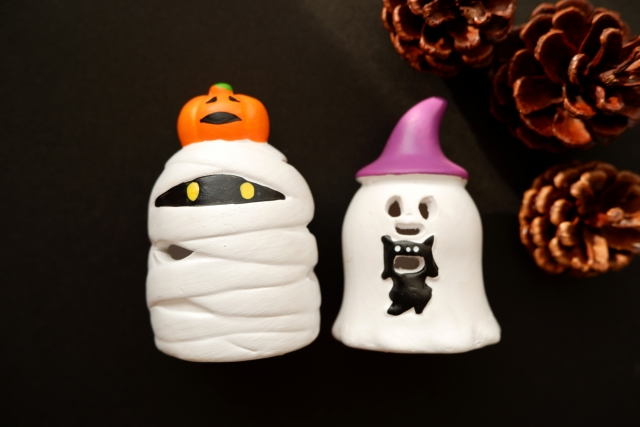お
お
The Difference between Oni, Obake, and Yokai
Today I would like to talk about the differences between "Oni", "Obake," and "Yokai," and each of their characteristics.
Oni:
Oni are generally portrayed as evil beings and appear in Japanese legends and myths. They often have a fearsome appearance and are characterized by horns and fangs, large eyes, and red skin. Oni are spoken of as beings that oppose humans and gods and do evil. A well-known example would be "Onigashima."
Obake:
Obake is a common term in Japanese legends and folk beliefs for spiritual beings or ghosts. They are sometimes described as the spirits or ghosts of the dead and may haunt places or objects. They may take human form, but can also be disguised as a haunted cat or a haunted fox.
Yokai:
Yokai are mysterious and supernatural beings in Japanese legends and folk beliefs. They have a wide variety of characteristics, ranging from those having the form of humans to those that take the form of animals or objects. Yokai can be both benevolent and malevolent, and appear extensively in Japanese folklore and legends.
Simply put, oni are generally evil beings, obake are spiritual beings or ghosts, and yokai are mystical beings, each with different characteristics and backgrounds. However, these definitions are ambiguous, and may vary from context to context.
sign up for the Japanese-Online Newsletter
__..-・**・-..__..-・**・-.._ あいうえお かきくけこ さしすせそ たちつてと なにぬねの はひふへほ まみむめも やいゆえよ らりるれろ わゐうゑを ん __..-・**・-..__..-・**・-.._
#JapaneseOnline #LearningJapanese #FreeJapaneseLessons #JapaneseVideoLearning #JapaneseAnime #Anime #JapaneseFood #Bloguru

